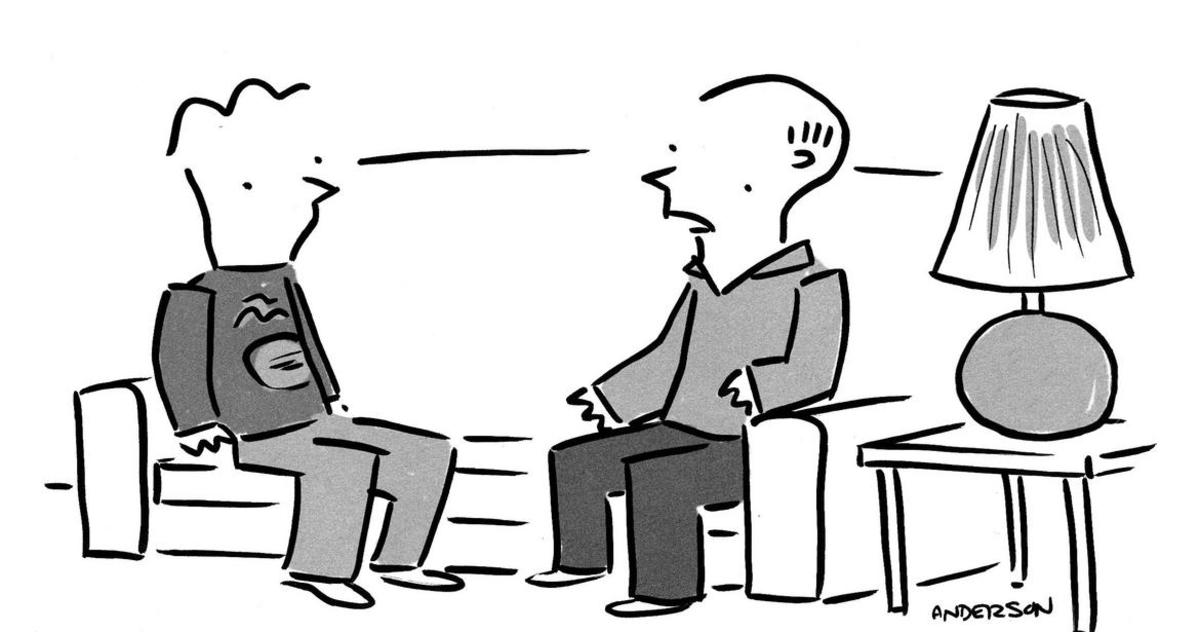A Smart Bear: On Decisions
-
 Stubborn Visionaries & Pigheaded FoolsHow do you know when to stop, versus when to push through? You don’t, not even in hindsight. But these guiding questions can help. —March 2024 | 1,200 words.
Stubborn Visionaries & Pigheaded FoolsHow do you know when to stop, versus when to push through? You don’t, not even in hindsight. But these guiding questions can help. —March 2024 | 1,200 words. -
 Ruthless prioritization while the dog pees on the floorBecause time is zero-sum, prioritization is mandatory. This is an index of purpose-built prioritization frameworks, and an overarching one to optimize your life. —June 2025 | 2,300 words.
Ruthless prioritization while the dog pees on the floorBecause time is zero-sum, prioritization is mandatory. This is an index of purpose-built prioritization frameworks, and an overarching one to optimize your life. —June 2025 | 2,300 words. -
 Fermi ROI: Fixing the ROI rubricTraditional rubrics fail to reveal the best answers, or how to explain those answers to others. After explaining why, the following system solves both failures. —June 2022 | 4,800 words.
Fermi ROI: Fixing the ROI rubricTraditional rubrics fail to reveal the best answers, or how to explain those answers to others. After explaining why, the following system solves both failures. —June 2022 | 4,800 words. -
 Rocks, Pebbles, Sand: How to implement in practiceThis complete work-prioritization framework builds on the simplistic “Rocks, Pebbles, Sand” analogy, adding the details you need in the real world. —July 2022 | 4,000 words.
Rocks, Pebbles, Sand: How to implement in practiceThis complete work-prioritization framework builds on the simplistic “Rocks, Pebbles, Sand” analogy, adding the details you need in the real world. —July 2022 | 4,000 words. -
 Never say “no,” but rarely say “yes.”“Focus” requires saying “no” to most things, but there’s a way to do it that allows you to say “yes” exactly when it matters most. —April 2011 | 1,500 words.
Never say “no,” but rarely say “yes.”“Focus” requires saying “no” to most things, but there’s a way to do it that allows you to say “yes” exactly when it matters most. —April 2011 | 1,500 words. -
 “It’s a Balance” isn’t always the answerResolve decision-making conflicts by selecting the right approach: Make a bold choice, synthesize a new solution, or find the balance. —June 2024 | 2,700 words.
“It’s a Balance” isn’t always the answerResolve decision-making conflicts by selecting the right approach: Make a bold choice, synthesize a new solution, or find the balance. —June 2024 | 2,700 words. -
 Binstack: Making a maximal multi-dimensional decisionBinstack is a technique for selecting the “single most impactful” solution when there are multiple, incomparable dimensions to evaluate. —July 2022 | 3,400 words.
Binstack: Making a maximal multi-dimensional decisionBinstack is a technique for selecting the “single most impactful” solution when there are multiple, incomparable dimensions to evaluate. —July 2022 | 3,400 words. -
 JIT selection from independent streams: An alternative to the “big backlog” of workThe vaunted “single-threaded, ordered list” confuses “prioritization” with “work-planning,” and forces comparisons of the un-comparable. Here’s the solution. —August 2022 | 2,500 words.
JIT selection from independent streams: An alternative to the “big backlog” of workThe vaunted “single-threaded, ordered list” confuses “prioritization” with “work-planning,” and forces comparisons of the un-comparable. Here’s the solution. —August 2022 | 2,500 words. -
 When should a decision be fast, or slow?Decisions should usually be made quickly, to accelerate action and learning. But sometimes it really is smarter to take your time. Here’s how to decide. —September 2018 | 1,300 words.
When should a decision be fast, or slow?Decisions should usually be made quickly, to accelerate action and learning. But sometimes it really is smarter to take your time. Here’s how to decide. —September 2018 | 1,300 words. -
 Satisficing vs MaximizingFast, or Best? Choose your decision-making goal wisely, especially if you’re a natural perfectionist. —May 2017 | 500 words.
Satisficing vs MaximizingFast, or Best? Choose your decision-making goal wisely, especially if you’re a natural perfectionist. —May 2017 | 500 words. -
 You can have two Big Things, but not threeNo you can’t “have it all.” You can have two things, but not three. —January 2014 | 500 words.
You can have two Big Things, but not threeNo you can’t “have it all.” You can have two things, but not three. —January 2014 | 500 words. -
 Deciding whether an investment is worthwhileWhy “expected value” doesn’t work; here’s a better framework for making long-term investments in your career, startup, and life. —February 2024 | 2,700 words.
Deciding whether an investment is worthwhileWhy “expected value” doesn’t work; here’s a better framework for making long-term investments in your career, startup, and life. —February 2024 | 2,700 words. -
 The “errors” that mean you’re doing it rightSome things appear to be mistakes, but in fact should be celebrated as the expected outcomes of great decisions. —January 2024 | 1,600 words.
The “errors” that mean you’re doing it rightSome things appear to be mistakes, but in fact should be celebrated as the expected outcomes of great decisions. —January 2024 | 1,600 words. -
 Capturing luck with “or” instead of “and”Luck always plays a role in startups, but there are ways to better capture upside and mitigate downside. —October 2019 | 800 words.
Capturing luck with “or” instead of “and”Luck always plays a role in startups, but there are ways to better capture upside and mitigate downside. —October 2019 | 800 words. -
 How to simplify complex decisions by cleaving the factsSimplify complex decisions by separating upsides from downsides, investing in upsides, vetoing with downsides, and using an appropriate decision framework. —November 2016 | 2,100 words.
How to simplify complex decisions by cleaving the factsSimplify complex decisions by separating upsides from downsides, investing in upsides, vetoing with downsides, and using an appropriate decision framework. —November 2016 | 2,100 words.





